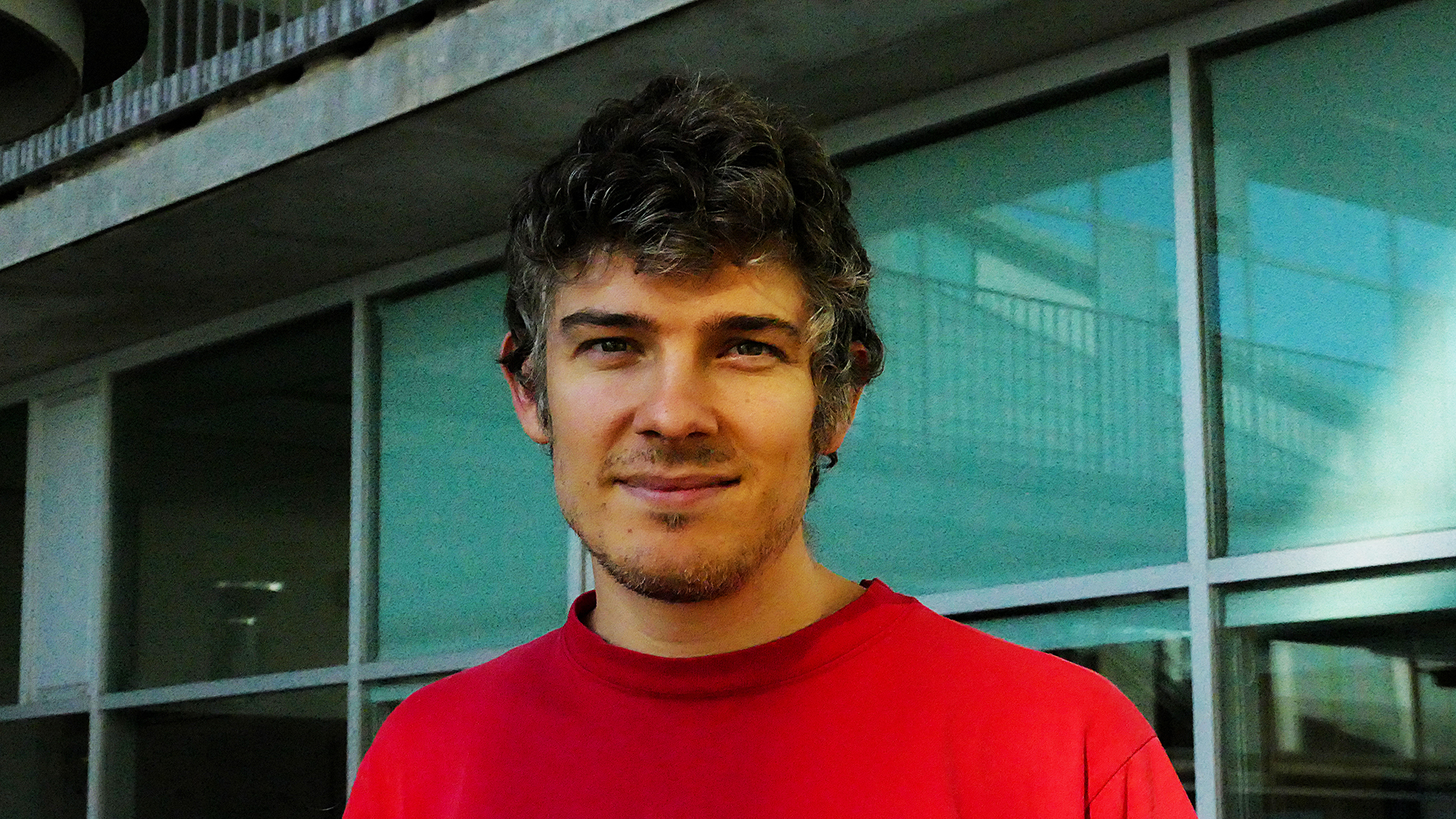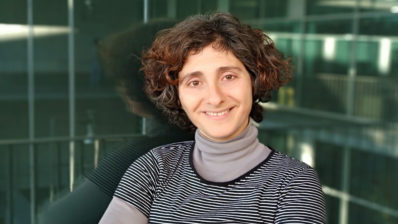Marcos Francisco Perez – a researcher at the Centre for Genomic Regulation (CRG) who received his PhD from the Pompeu Fabra University – has been distinguished as one of the most accomplished international young scientists. The researcher at the Barcelona Biomedical Research Park (PRBB), has been awarded an “honourable mention” by the International Birnstiel Award for Doctoral Research in Molecular Life Sciences.
The first edition of this award, organised by the Max Birnstiel Foundation and the Research Institute of Molecular Pathology in Vienna, Austria, received 100 nominations of recent PhD graduates from an equal number of institutions from all over the world. The three awardees were
- Emily Bayer of Columbia University
- Mohamed El-Brolosy of the Max Planck Institute for Heart and Lung Research
- Justin Silpe of Princeton University
But because of the outstanding competition, the selection committee decided to highlight eight more scientists for their “exceptional academic merits”. Amongst them was the CRG researcher and UPF graduate, Marcos Francisco Perez, who joined other recent graduates from Duke University, the Karolinska Institute or Cambridge University, amongst others.
Marcos defended his PhD in January 2018 at the Pompeu Fabra University, where he was already distinguished with a “Doctoral School PhD Extraordinary Award”. He carried out his research project in Ben Lehner’s laboratory at the CRG.
The importance of age in worm reproduction
The Lehner lab tries to understand what makes individuals unique. Using C. elegans – a tiny worm established as a model system by Nobel Prize awardee Sydney Brenner – where they can control for both genetics and the environment, the scientists have seen that even genetically identical individuals, in the same environmental conditions, show a lot of physiological variation between them.
“In my thesis project I discovered that a great part of this variation can be explained by the age of an individual’s mother. But surprisingly it was the progeny of the youngest mothers that were impaired in many ways”, says Marcos. According to the researcher, this is because as a worm gets older she can supply more and more of a yolk lipoprotein complex to her offspring.
Marcos’s main contribution has been to show that a great part of the variation amongst genetically identical nematodes can be explained by the age of their mother, with youngest mothers leading to more problems.
As well as highlighting an important factor to take into account in future studies with C. elegans, his results show that it can be hard to accurately predict an individual’s physiology just from their genome.
Marcos is currently doing a postdoc in Lehner’s lab, trying to finish another project which sprung out of his thesis and thinking about where to go next. He says: “Although I didn’t win the award, it is a great honour to have my work recognised by the International Birnstiel Awards and a huge confidence boost moving forward in my career.”







